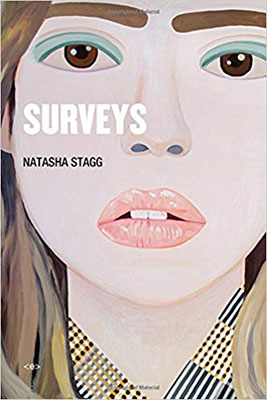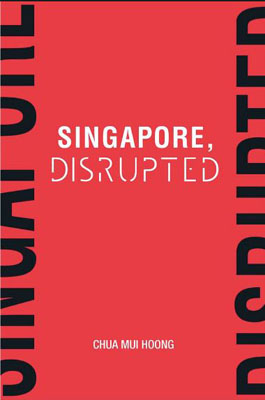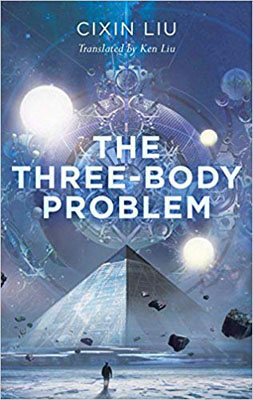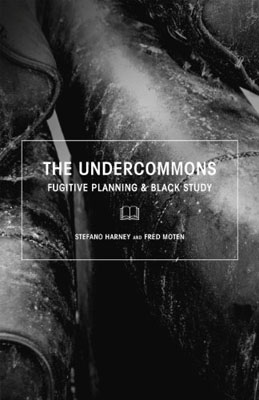Tembusu Reading Pods AY2018/19 Sem 2
Register by 20 Jan 2019
Care to read and discuss a book outside your curriculum this semester? Simply choose one of the six titles offered by students and faculty of Tembusu College and register via Eventbrite (click on the link) by 20th January 2019, Sunday.
An email will be sent to all participants after 20th January to confirm their registration. The reading pod facilitator will contact participants via email to provide more details (starting date and venue).
Participants will be responsible to purchase their own book; eBook is accepted. The first 5 sign-ups are eligible for the subsidy (You need only pay S$10 for the book of your choice); participant should submit a RFP form with receipt attached to the college office for reimbursement of their purchase (e.g. book purchased at $15, college will reimburse $5). Subsequent sign-ups are welcome.
Click on the images for more information.







